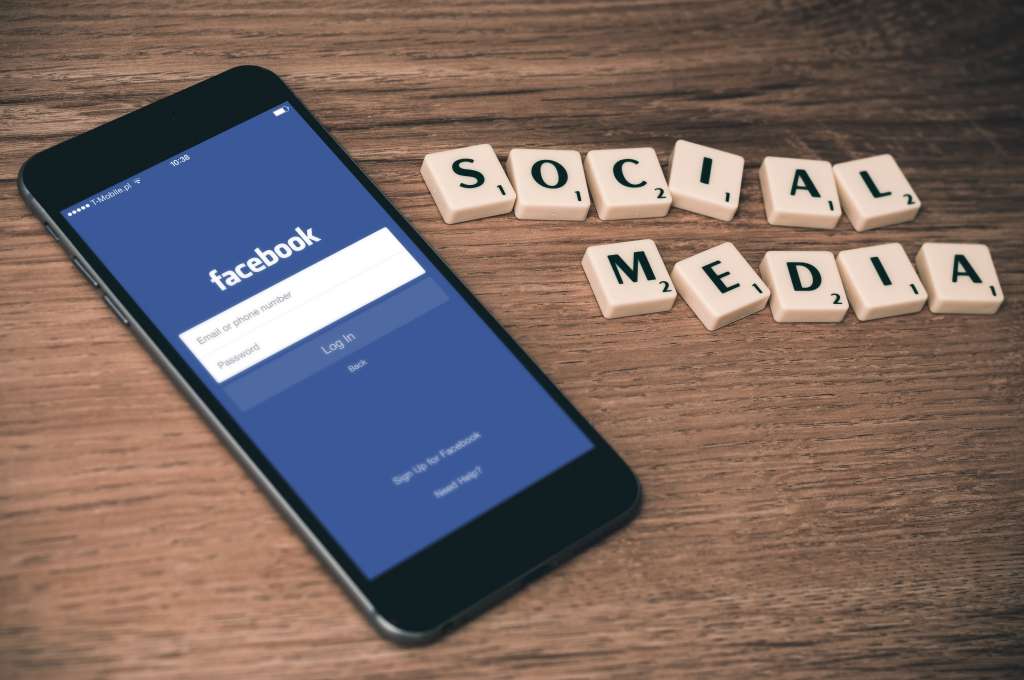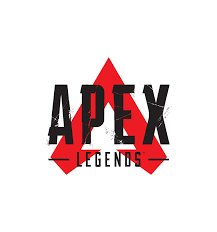
There are an immense amount of social media platforms current, probably we don’t even know about some of them. However, Facebook is probably the one that is never outdated. It has been there since my earliest recollection, my parents know about it and I do think that it will still be there as I get older and older. So, what can a platform that is known to a huge target pool and has been around for quite a while say about us?
According to Buffardi and Campbell (as cited in Gnambs & Appel, 2018) Facebook has been a recreation area, ever since it came into the picture, and it promotes narcissistic tendencies by encouraging its users to present themselves both frequently and positively. There are also other scientists arguing about different resemblances about our personalities with regard to different features of Facebook (status update, profile photo ratings, number of friends or comments, frequency of usage, and purpose of usage).
Facebook Behavior in Adolescents
Most of us tend to associate social media platforms and increased usage of them with adolescents. We are even familiar with the phrases “Honey, please put down the phone we are going to eat together now!”, “You have been editing the same photo for 45 mins, when will you stop”, or my personal favorite, “Hey girl! The editing of your last photo was perfect, would you mind playing around with the lighting and my eyes on this picture. Oh, and please make me look skinnier!”. Considering adolescent’s preoccupation with their peer acceptance, physical appearance and the impressions they convey, their frequency in the usage of such platforms appears to be predictable. Even though there is prevalent use of social media platforms by adolescents due to the opportunity of connecting with peers without adult surveillance, identity construction and experimentation within a social context (Ong et al., 2011), such platforms also have increasingly younger users as preadolescents and kids, especially since the minimum membership age has been lowered to 13 from 18.
Gender and Facebook Behavior
Studies suggest that even our gender can predict some of our Facebook behaviors to an extent. It is argued that such gender differences are due to socialization, social situational and biological predispositions that differ between the sexes. Joniner and Cuprinskaite’s paper (2016) found females to be using and spending time on social media platforms more in comparison to males. Females’ usage purposes are found to be focused on communicating and connecting with others, while males’ usage is found to be focused on information gathering. Upon such differences, Wang Burke and Kraut (2013; as cited in Joniner & Cuprinskaite, 2016) investigated gender differences in Facebook status updates and found that females tend to share more personal topics in comparison to males who tend to discuss public topics. According to another study, females are found to be more positive, disclosed more information and disclosed more private information in comparison to males.
Narcissism and Facebook Behavior
Narcissism has been defined as excessive self-love previously, however, nowadays we define it as a dimensional personality trait consisting of a theatrical self-concept along with behaviors with the intention of maintaining that self-concept (Gnambs & Appel, 2018; McCain&Campbell, 2018). Studying the relationship between narcissism and Facebook behavior became crucial lately since Facebook is and has become an important part of our lives. According to recent analyses, more than half of the internet users engage in the use of social media platforms. The article by Carpenter (2012) presents findings of a relationship between narcissism and the frequency of Facebook use, as well as, a relationship between narcissism and the number of friends on an individual’s Facebook account. Furthermore, the paper suggests that different sub traits of the narcissism index predict different Facebook behaviors. For example, grandiose exhibitionism traits of narcissism index is found to predict Facebook behaviors related to self-presentation to as large of an audience as possible through status updates, photos, and attaining large numbers of friends. While the entitlement/exhibitionism traits of narcissism index is found to be related to antisocial behaviors as reciprocating against negative comments, reading other status updates to check for self-relevance and seeking social support in comparison to providing.
Extraversion and Facebook Behavior
Extraversion is another personality trait that is suggested to predict our Facebook behaviors. It is characterized by being talkative, outgoing and cheerful. Marshall and colleagues (2015) argue in their paper that extraversion is related to one’s number of updates on social media, and the frequency of social media platform usages. Extraverts are found to have more frequent social activity and daily life updates on social media which is motivated by their purpose of communicating and socializing with others using such platforms. Also, studies found that individuals with higher levels of extraversion levels tend to use Facebook more frequently, have a greater number of Facebook friends, and prefer Facebook features that allow active social contributions such as status updates. (Marshall, Lefringhausen & Ferenczi, 2015)
Considering that these are just some examples of what social platforms or Facebook, specifically, can say about us, I wonder what other things we are revealing with our digital footsteps. As much as it being scary, it also appears to be impressive for me. So, maybe it is worth thinking about it and its possible implementations that we can turn around to use as a benefit for us.
References:
*This blog post has been modified from Sanem Cerit and Zeynep Demirelli’s pre-analysis plan, regarding the relationship between narcissism and social media usage, in order to fit the content of this class.
Carpenter, C. (2012). Narcissism on Facebook: Self-promotional and anti-social behavior. Personality and Individual Differences, 52(4), 482-486.
Joiner, R., Cuprinskaite, J., Dapkeviciute, L., Johnson, H., Gavin, J., & Brosnan, M. (2016). Gender differences in response to Facebook status updates from same and opposite gender friends. Computers in Human Behavior, 58(C), 407-412.
Marshall, T., Lefringhausen, K., & Ferenczi, N. (2015). The Big Five, self-esteem, and narcissism as predictors of the topics people write about in Facebook status updates. Personality and Individual Differences, 85(C), 35-40.
McCain, J., & Campbell, W. (2018). Narcissism and Social Media Use: A Meta-Analytic Review. Psychology of Popular Media Culture, 7(3), 308-327.Ong, E., Ang, R., Ho, J., Lim, J., Goh, D., Lee, C., & Chua, A. (2011). Narcissism, extraversion and adolescents’ self-presentation on Facebook. Personality and Individual Differences,50(2), 180-185.



Recent Comments